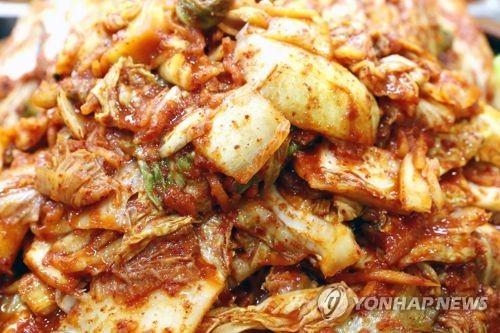In Ellicott City, Maryland, Korean restaurant owners are facing an unexpected challenge: overzealous health inspections targeting their beloved kimchi. The Howard County Health Department, seemingly oblivious to the nuances of this fermented staple, has intensified scrutiny of Korean establishments since the COVID-19 pandemic.
At the core of this culinary clash is the inspectors’ misunderstanding of kimchi’s fermentation process and storage requirements. Applying Western food safety standards to this Eastern delicacy has resulted in numerous citations, leaving restaurant owners in a pickle.
“It’s as if they’re treating our national dish like questionable street food,” one restaurateur lamented. “These inspectors wouldn’t know kimchi from coleslaw, yet they’re dictating how we prepare our cultural heritage.”
The regulatory overreach extends beyond kimchi to traditional Korean cooking equipment, now required to have NSF certification typically applied to Western appliances. This has forced some restaurants to alter their menus, removing dishes they can no longer prepare with existing equipment.
In response, some owners have resorted to creative workarounds, such as serving only freshly prepared, unfermented kimchi – a far cry from the traditional version but enough to appease the inspectors’ limited understanding.
The Korean restaurant community is now calling for a more nuanced approach to food safety regulations that respects their culinary traditions. As this gastronomic drama unfolds, it serves as a pungent reminder of the challenges that arise when bureaucracy fails to digest the rich diversity of global cuisines.


































































 10년 전 DUI 기록 문제돼 갑자기 비자취소 통보받아
10년 전 DUI 기록 문제돼 갑자기 비자취소 통보받아 

















